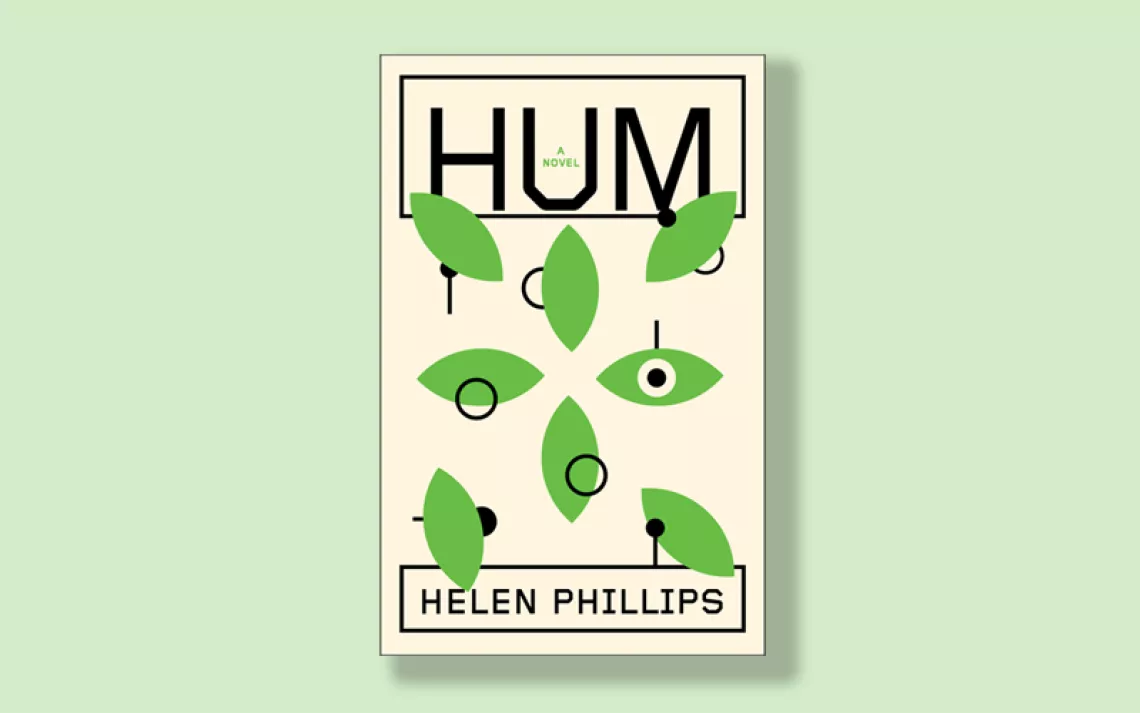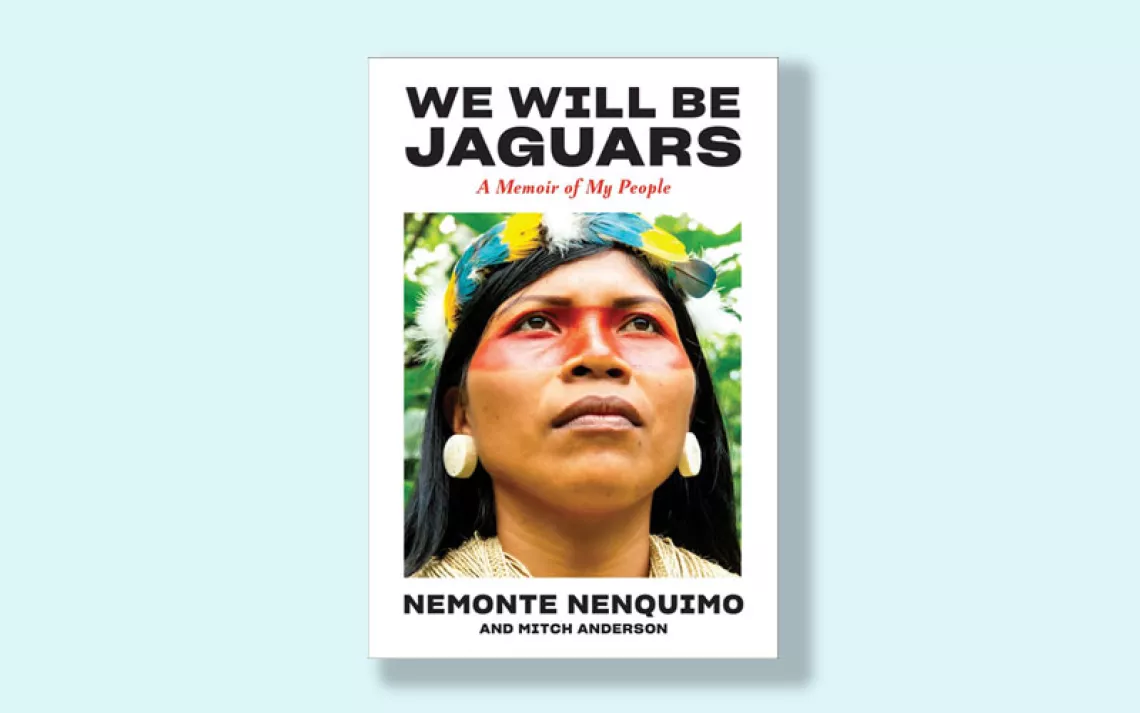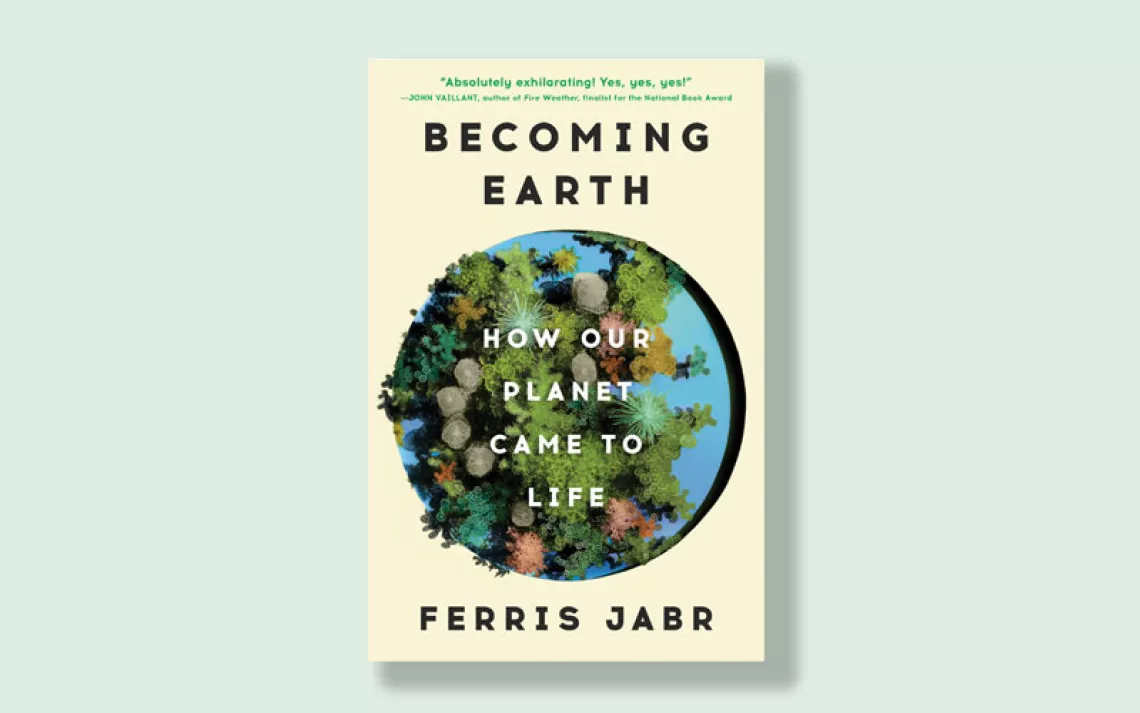The Kids' Book That Redefines Being an American Outdoors
Meet Ambreen Tariq, author of “Fatima’s Great Outdoors”

Growing up in India, Ambreen Tariq formed her fondest memories in the outdoors, when she wandered gardens, went on picnics, and embarked on family road trips to observe the country’s many monuments. One of her earliest, most vivid memories is of a visit to her uncle’s house in rural India, where she saw skinned rabbits hung across the kitchen.
But Tariq’s relationship to the outdoors was upended when her family immigrated to Minnesota. Not only was the now lawyer, writer, and activist thrust from wet, equatorial South Asia into cold, snowy Minnesota, but also Americans’ notion of an “outdoors experience,” Tariq found, didn’t include leisure. Instead, “outdoor activity” was perceived as high-intensity recreation, whether via a weeks-long camping expedition or an “extreme activity” like mountain climbing.
At first, Tariq was intimidated. But despite feeling out of place as one of the few working-class Indians in her town, her foray into the American outdoors was one of assimilation; she found acceptance from her peers through sledding and snowball fights. Then at 10 years old, she went on a weekend-long camping trip with her family at a state park in Minnesota—an excursion that reawakened her love for the natural world.
“My parents were in such awe of the way that this land was kept,“ Tariq told Sierra. “They really instilled in me a sense of gratitude for recreational use of public lands.”

Photo courtesy of Paulina Dao
Thirty years later, Tariq is now the author of Fatima's Great Outdoors (released earlier this month from Penguin Random House), an autobiographical children’s book based on that formative camping trip. “The book is my love letter to the American outdoors, our public land system, my immigrant experience, and my parents who took a chance on something that has changed my life,” Tariq said. “Not just coming to the United States, but also by introducing us to the outdoors.”
Unlike mainstream nature writing, wherein narratives often follow the musings of an introspective white guy, Fatima’s Great Outdoors puts culture at its center, exploring the ways in which Fatima’s identity as an Indian immigrant informs her experience in American parks.
After a difficult week in school, Fatima, an eight-year-old from India, spends the weekend camping in the Midwest for the first time. On the car ride there, Fatima sings songs in Hindi and Urdu with her family. When they arrive, they celebrate with a home-cooked meal of shami kabab and rotis. And when Fatima and her father struggle to start the campfire with lighter fluid, Fatima’s mother uses a long metal pipe to breathe oxygen into the pit—a technique she learned back in India, where she used a wood-burning stove to make chai. It’s stories like these that reimagine what it means to be yourself in the outdoors, astray from the pressures of tradition.
Reflecting on the evolution of her relationship to the American outdoors, Tariq speaks to the healing power of her work. “If I read this book as a child, I would feel seen,” said the digital activist who has spent the past several years advocating for public lands that are inclusive and equitable for all and working to redefine what it means to be an American in the outdoors.
*
As a brown woman immersed in a predominantly white male space, Tariq says she was unable to enjoy the natural world without feeling alienated and unsafe. “Every part of my life is drenched with diversity—the food that I eat, the people I surround myself with, the place that I work,” Tariq said. “And then I went outdoors.”
According to a 2020 report by the Outdoor Industry Association, 71 percent of outdoor participants were white, with Black and Latino visitors significantly underrepresented. When Tariq realized she was always one of the few people of color during her camping trips, she became increasingly insecure about her place in the community. “It was so startling to me as an adult,” Tariq said. “It physically felt like I was a child again … like that little immigrant girl who was just trying to fit in and not stick out.”
On campgrounds, Tariq wrestles with feeling both invisible and hypervisible, unacknowledged yet suspiciously gazed upon by white campers. “Just receiving a simple stare can make me feel so uncomfortable—like I am not welcome there.” This feeling of ostracization is, at times, amplified by her surroundings; it’s not uncommon in Tariq’s experience for outdoor spaces to outright signal exclusion (think campgrounds surrounded by Confederate flags).
“Every time a twig snaps, the sound reverberates into my tent, and I feel like someone is right there,” Tariq told Sierra. “I cannot enjoy myself because I don’t feel like the world is safe enough for me to do that.”
While these gestures may be subtle, Tariq has also experienced direct confrontation in the outdoors. Passersby provoked by the color of her skin have come up to her to shout, “You are the problem with America!” Her biggest anxiety in the outdoors, suffice to say, is not the animals that may lurk in the shadows. “My fear is that there’s going to be a white man who comes and attacks me.”
Even so, Tariq is cautious of turning to park staff for help. Aggressive park rangers, too, have stopped her on hiking trails and approached her at busy campsites, demanding to see credentials (such as a backcountry permit or bear canister) as proof she belonged.
Given the frequency of such experiences, Tariq has been forced to master the art of precaution. She always fills up her gas tank before sunset and never arrives at her destination after dark. And depending on who she’s with, she makes calculated decisions as to what she’s able to do. If she goes on an excursion with a group of women, for example, she considers bringing pepper spray and knives as self-defense. And when she goes with a group of Muslim Americans, she must decide whether it is safe enough to openly pray. “It's such a normal thing for me and other BIPOC folks ... to think about everything we're doing to keep ourselves safe. It's alarming that other people don't have to do that.”
Even though Tariq is an experienced outdoors enthusiast, she says she still can’t shake the feeling that she is an imposter. The idea that one must look a certain way and participate in a particular set of activities to be considered an outdoorsy person haunts her. “You got to buy this gear, you have to look this way, you got to climb this way, you got to camp this way,” Tariq said. “And if you’re backpacking, you have to go for so many days. That’s outdoor culture.”
The cultural barrier to entry into the outdoors is compounded by social and economic privilege, she added. Adventure gear is expensive, geographical proximity to nature is required, and children who happen to be raised by a family of outdoor mavens learn the ropes of the craft from a very young age without the discomfort of inexperience. “People from different cultures say that the outdoors is only for white people,” she said. “Why is that? It’s because there's all these questions on safety and comfort in the outdoors that many of us don't feel.”
In 2016, after seeing a giant poster for Find Your Park—a National Park Service campaign that promotes diversity in the outdoors—at Shenandoah National Park, Tariq was inspired to start her own version, a digital campaign she coined Brown People Camping.
With over 30,000 Instagram followers, Brown People Camping (BPC) seeks to promote equitable access to the outdoors. The platform documents Tariq’s outdoor adventures through photos coupled with musings that shed light on how her experience as a Muslim and South Asian American woman shapes her relationship to nature. “My goal is to convince everyone that diversity is important to the future of our environment and our public lands,” Tariq said. By also exposing the ways in which privilege enables and prevents access to the outdoors, and encouraging people to enjoy the natural world in their own way, BPC joins a movement forged by organizations such as Outdoor Asian, Outdoor Afro, and Latino Outdoors, all of which share the same mission.
Through BPC, Tariq has met many outdoor enthusiasts of color who share similar experiences as well as white people who are committed to becoming better allies, all of whom have empowered her to shamelessly take up space. “The community that I formed is incredible,” she said. “It’s a dynamic, supportive movement that inspires and energizes me.”
Occasionally, the platform meets resistance from the outdoors community at large. When Outside magazine published an article on Tariq in 2016, a deluge of readers left comments accusing her of politicizing the outdoors by “making everything about race.” Tariq recalls reading every single response to that piece and feeling floored by the amount of criticism she received for simply sharing her personal experience. Tariq has also written articles about her outdoor experiences that were met with racially targeted comments. “Every once in a while, after a big piece goes out, I'll get personal hate mail,” Tariq said. “I got hate mail from a renowned white supremacist Nazi who sent me pictures of landfill in India, saying, “Don't do this to our country.”
Tariq has multiple theories about the vitriol. One involves a sense of deprivation; white people, she suggests, feel as if they’re deprived of land they were brought up to believe was theirs. “The world is changing so much around them that they see the outdoors as a refuge that is somehow sheltered from what else is happening in their life.” There’s also the rejection of truth—a confirmation bias that tells people racism doesn’t exist in the outdoors. And then there’s a small portion of white supremacists “who want to keep their land white.”
“There’s so much ugliness and hatred toward me because of what I do and what I want to achieve,” she said. “It’s this complete inability to see the experience of other people.”
*
Tariq refuses to let the hate get to her, wielding ignorant comments as bludgeons for dismantling American outdoors culture as we know it. “At the end of the day, I am a perpetual optimist,” she said. “I refuse to be emotionally downtrodden by our future.”
Fatima’s Great Outdoors exists as a testament to this optimism.
For BIPOC folks similarly interested in entering the outdoors but who may not know where to start, Tariq has a piece of advice: “Do it on your own terms and enjoy yourself.” Whether that means serving up food from your culture during camp cookouts or spending a day wandering your local urban park, there are many ways in which one can fall in love with the outdoors. “Learn how to respect the land, and just do you.”
 The Magazine of The Sierra Club
The Magazine of The Sierra Club



